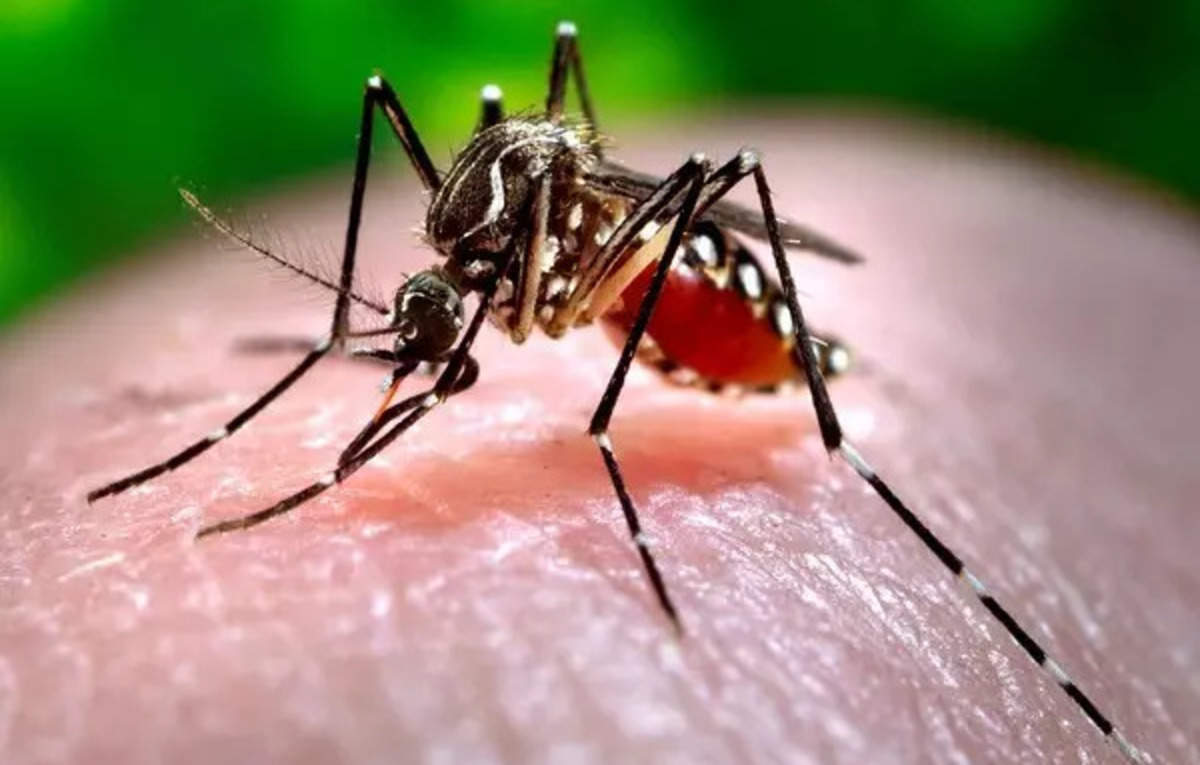Dengue Outbreak in Bangladesh: Over 60,000 Cases Recorded in August
In recent news, Bangladesh is grappling with a severe dengue outbreak that has reached alarming proportions. August 2023 has witnessed an unprecedented surge in dengue cases, with the number surpassing 60,000 in a single month. The situation has raised concerns among both the public and health authorities, prompting urgent measures to control and manage this outbreak.
The Worsening Situation
As of August 29, 2023, the dengue outbreak in Bangladesh has taken a grave turn, with over 60,000 confirmed cases reported throughout the month. This alarming statistic marks the highest number of cases recorded in a single month in the history of the country. The impact has been especially pronounced in Dhaka, Chattogram, and Sylhet, where the number of cases has spiked significantly.
Public Health Emergency
In response to the escalating crisis, the government has declared a public health emergency in Dhaka and Chattogram, the areas worst hit by the outbreak. This decision underscores the severity of the situation and the need for immediate and coordinated efforts to curb the spread of dengue.

Ideal Breeding Conditions
The outbreak's rapid spread has been attributed to the Aedes mosquito, the vector responsible for transmitting dengue fever. This mosquito species breeds in stagnant water, and the recent heavy rains in Bangladesh have created optimal breeding conditions. The proliferation of standing water has provided the ideal environment for the Aedes mosquito to reproduce, leading to the surge in cases.
Government Action and Challenges
To counter the outbreak, the government has initiated a comprehensive campaign aimed at raising awareness about dengue and controlling the mosquito population. However, despite these efforts, the outbreak shows no signs of abating, and the number of cases continues to rise.
Rising Death Toll
Tragically, the dengue outbreak has resulted in the loss of lives. So far, 286 individuals have succumbed to the disease in Bangladesh this year. With the outbreak showing no signs of slowing down, health experts predict that the death toll could rise further in the coming months.
Future Concerns
Health experts and officials are deeply concerned about the potential escalation of the dengue outbreak in the near future. They are urging citizens to adopt precautionary measures to safeguard themselves from mosquito bites and potential infection. The situation is urgent, and preventive action is crucial to prevent further spread.
Protective Measures
As the government and health experts intensify their efforts to manage the outbreak, here are some vital tips for individuals to protect themselves and their communities:
- Use Insect Repellent: Apply insect repellent on exposed skin to reduce the risk of mosquito bites.
- Wear Long Sleeves and Pants: Wearing clothing that covers the arms and legs can serve as an effective barrier against mosquito bites.
- Drain Stagnant Water: Eliminate sources of standing water in and around your home to prevent mosquito breeding.
- Maintain Clean Surroundings: Keeping your surroundings clean and free from debris can deter mosquito breeding sites.
- Consider Vaccination: If available, consider getting vaccinated against dengue to bolster your immunity against the disease.
Seeking Timely Medical Attention
Early detection and medical intervention are critical in managing dengue. If you suspect you may have contracted the disease, seek medical attention promptly. Timely diagnosis and treatment can significantly reduce the risk of severe complications associated with dengue.
The dengue outbreak in Bangladesh poses a substantial public health challenge. While the government and health experts are working tirelessly to control the situation, it is imperative for individuals to take responsibility for their own well-being. By adopting preventive measures and remaining vigilant, we can collectively contribute to stemming the spread of dengue and safeguarding our communities.
FAQs
1. What is causing the dengue outbreak in Bangladesh?
The dengue outbreak in Bangladesh is primarily attributed to the proliferation of the Aedes mosquito, which thrives in stagnant water. The recent heavy rains have created ideal breeding conditions for these mosquitoes, leading to a surge in dengue cases.
2. Which areas are most affected by the outbreak?
The worst-affected districts are Dhaka, Chattogram, and Sylhet. These areas have reported the highest number of dengue cases during the current outbreak.
3. What actions has the government taken to address the outbreak?
In response to the outbreak, the government has declared a public health emergency in Dhaka and Chattogram. Additionally, a comprehensive campaign to raise awareness about dengue and control the mosquito population has been initiated.
4. How can individuals protect themselves from dengue?
To protect themselves from dengue, individuals should use insect repellent, wear protective clothing, eliminate sources of stagnant water, maintain clean surroundings, and consider getting vaccinated if the option is available.
5. Why is early medical attention important in dengue cases?
Early diagnosis and treatment of dengue are crucial to prevent the progression of the disease and the development of severe complications. Seeking timely medical attention can significantly improve outcomes for individuals affected by dengue.
.png)
.png)
